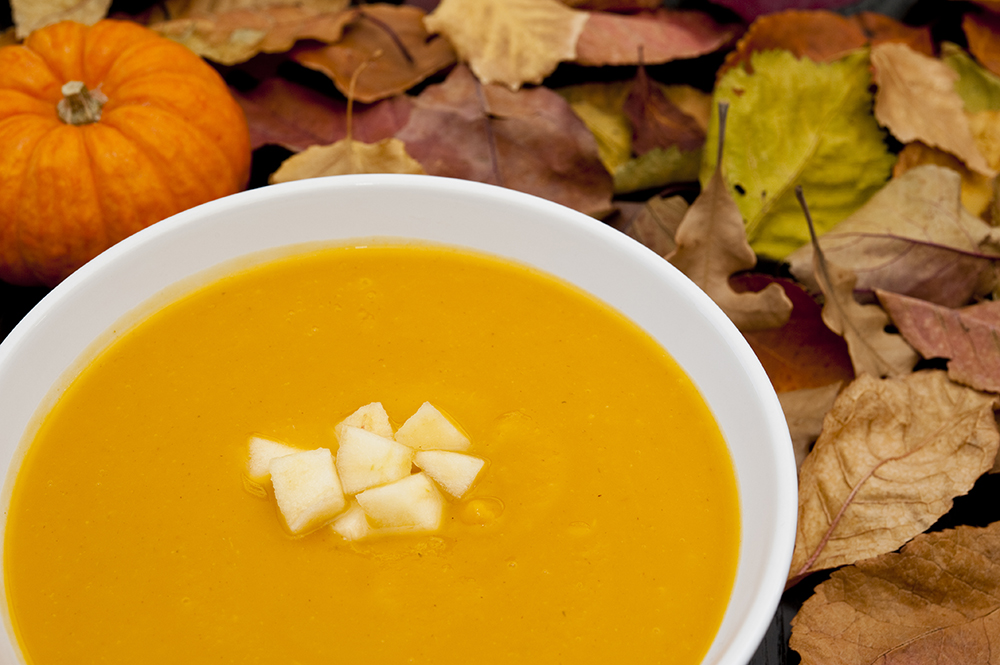Events expected to draw thousands of individuals outdoors, temperatures likely to exceed 100 degrees
With extreme heat on its way, and large crowds of athletes and spectators expected in Spokane and northern Idaho this weekend for Hoopfest and Ironman Coeur d’Alene, health experts are warning the community that hot weather can be more than just uncomfortable—it can pose a threat to people’s lives.
People who exercise in extreme heat are more likely to become dehydrated and develop heat-related illness, including heat stroke which occurs when the body is no longer able to regulate its temperature. If not treated immediately, heat stroke can lead to death or permanent disability. Heat exhaustion is a milder form of heat-related illness that can develop within hours of exposure to high temperatures and not drinking enough fluids.
For both athletes and spectators, it is important to stop all activity and get to a cool environment if feeling faint or weak. Also, know the signs of heat-related illness and the simple things people can do—like drinking plenty of water—to reduce their risk.
“Heat-related illness is preventable, so we highly encourage athletes and fans to educate themselves on how to recognize and prevent it,” said Dr. Joel McCullough, Spokane Regional Health District health officer. “The key here is to drink before, during and after outdoor activity. If athletes or spectators are already thirsty before heading outside, they are already on their way to dehydration.”
Heat stroke is an emergency and requires immediate medical care—it can be fatal. Signs of heat stroke include; a body temperature of over 104 degrees; a change in behavior such as confusion; light headedness; dry flushed skin; not sweating in spite of the heat; a strong rapid pulse or a slow weak pulse; and unconsciousness. These symptoms may progress to a coma.
The symptoms of heat exhaustion include feeling lightheaded, weakness, nausea and fainting. A person suffering from heat exhaustion may feel uncoordinated, perhaps thirsty and sweat a lot. Their skin may feel cold, although their body temperature may be normal. Being exposed to high temperatures for too long can also cause muscle cramps and swelling in the feet or ankles.
What to do: usually, resting in a cool place (air conditioning is the best way to prevent heat-related illness), staying out of direct sunlight, drinking plenty of water or fluids (but not alcohol or caffeine), and washing off with cool water if possible is sufficient to remedy this condition. If precautions are not taken or the person is not treated, heat exhaustion may turn into life-threatening heat stroke.
Hoopfest staff ordered cool-air misters and fans for this weekend and organizers plan to have extra water for court monitors, who usually spend six to seven hours on the asphalt courts. Volunteer medical teams staffing Hoopfest will be prepared to treat heat stroke, heat exhaustion and sun burns. Ironman organizers will be providing specific tips to its athletes for avoiding heat-related illness at the pre-event athlete meeting and to its athletes and volunteers via email. Athletes who are exhibiting signs of heat exhaustion may also be asked to pause for health evaluation at check-points during the race.
Those at greatest risk for heat-related illness include infants and children up to four years of age, people 65 years of age and older, people who are overweight, and people who are ill or on certain medications.
To avoid heat-related illness on hot days:
- Drink plenty of water or fruit and vegetable juices. During heavy exercise in a hot environment, drink two to four glasses (16-32 ounces) of cool fluids each hour. Avoid caffeine or alcohol.
- Limit your time outdoors, especially in the afternoon when the day is hottest.
- Stay out of the sun, take frequent breaks and watch for signs of heat exhaustion or heat stroke.
- Wear a high SPF sunscreen (at least 30 SPF) and remember to reapply it, especially if you are perspiring or coming in contact with water.
- Dress for the weather. Loose-fitting, light-colored cotton clothes are cooler than dark colors or some synthetics.
- If you live in a home without fans or air conditioning, open windows to allow air flow, and keep shades, blinds or curtains drawn in the hottest part of the day or when the windows are in direct sunlight. Try to spend at least part of the day in an air conditioned place like a shopping mall, a store, the library, a friend’s house, or the movies. Cool showers or a cool bath can help, too. Do not use a fan when the air temperature is above 95 degrees, it will blow hot air, which can add to heat stress.
- Never leave a child or a disabled or elderly person or a pet in an unattended car, even with the windows down. A closed vehicle can heat up to dangerous levels in as little as ten minutes. Lock parked cars to prevent children from playing in them.
For more information about avoiding heat-related illness, see the U.S. Centers for Disease Control web page. More information can also be found at srhd.org.


